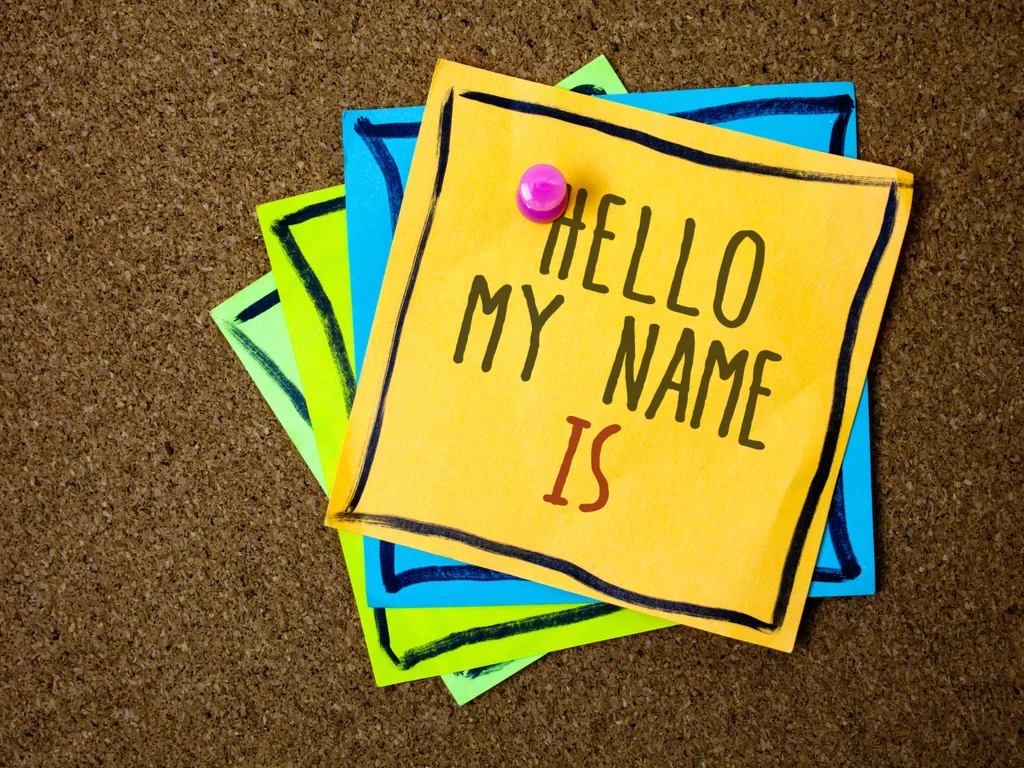
Expecting parents in the United States are usually both excited and overwhelmed by the prospect of naming their child. They often consult numerous baby name books and family members to help them choose the perfect name. Different families will be influenced by different factors and values when deciding what to name their child. Nonetheless, many families consider the name-picking process to be one of the most important parts of preparing for a baby.
American parents are not the only ones who believe that naming their children is important. Expecting parents from different cultures around the world have their own traditions and rules for naming children. While many retain cultural traditions, others have infused the process with modern values. Regardless of culture or country, naming a baby is an important and meaningful process for most families.
How American Families Name Children
There are many ways that parents go about deciding on their children’s names. Unlike other countries, there are few traditions and formal rules regarding the naming process in the United States. Because of the multitude of regions, cultures, preferences and needs in America, different families have different reasons for choosing a certain name for a child.
For instance, certain Americans have strong religious values, which lead them to pick names based on their religion. On the other hand, households who value their ethnic backgrounds may name their children according their cultural traditions.
Generally, children in the U.S. are given a first and last name. The first name is associated with the child’s identity and is usually selected by one or both parents. Conversely, last names are usually inherited rather than assigned.
Most often, children share a last name with their parents, siblings and other immediate family members. Last names are generally inherited from the father. However, the surnames of both parents are sometimes combined.
In the U.S., parents often choose their child’s name based on the identity that they would like them to develop. Additionally, many American parents believe that a child’s name will influence his or her life and future.
Furthermore, it is not uncommon to find children named after celebrities or important figures in history. Thus, names are often carefully considered and chosen.
Naming Traditions in Different Cultures
Certain countries have a more structured name-giving process than the United States. Various cultures have specific systems and traditions in place when it comes to assigning a name to a child.
For example, religion often plays a big role in the naming process for parents in Latin America or in the Middle East. Both cultures often name children after religious figures, prophets or saints. In addition, many Latin American countries consider family names and traditions when deciding on names. For example, children may be named after their parents or grandparents.
As a more specific example, families in Zimbabwe decide a child’s name based on the current mood or circumstances of the family. Thus, names can represent anything from struggle and misery to prosperity and joy.
For instance, Nhamo translates to misfortune while Manyara means “you have been humbled.” In China, a child’s first name comes after his or her family’s last name. Girls in China are often given elaborate and beautiful names that have special meanings to their families. On the other hand, boys are given plain names in hopes of warding off evil spirits.
In addition, children are often given false names prior to their birth as a way to confuse evil spirits. Conversely, families in Germany are only permitted to select a name for their child that has been approved by a German civil registration office.
Immigrant Name Changes
Many immigrants who moved to the United States during the late 1800s and early 1900s had their names changed. In most cases, this was not done on purpose by American immigration officials. More often, shipping agents in Europe misspelled the names of passengers, or immigrants changed their names themselves prior to their journey to the states. Other times, the spelling of their names got lost in translation.
As an example, certain names did not have English equivalents, such as German names in which the “w” sounded more like “v.” Consequently, last names such as Werner became Verner.
On the other hand, certain immigrants changed their names after arriving in the United States for a variety of reasons. An Americanized name made it easier for certain new residents to fit into their local communities. Others altered the spelling of their names to make them more easily pronounced.
For example, immigrants with a last name like Savitch would change it to Savage. Likewise, residents with the last name Madsen may have changed it to Madison. Moreover, certain new residents may have decided to change their names to their English language equivalent. For instance, those with the last names Bleu may have changed it to Blue.
Top 50 Baby Girl Names
- Emma
- Sophia
- Olivia
- Isabella
- Ava
- Mia
- Emily
- Madison
- Elizabeth
- Charlotte
- Chloe
- Ella
- Amelia
- Avery
- Sofia
- Evelyn
- Harper
- Addison
- Grace
- Natalie
- Victoria
- Lily
- Aubrey
- Lillian
- Zoey
- Hannah
- Brooklyn
- Layla
- Samantha
- Zoe
- Leah
- Riley
- Scarlett
- Anna
- Savannah
- Camila
- Audrey
- Allison
- Gabriella
- Hailey
- Sarah
- Claire
- Aaliyah
- Kaylee
- Nevaeh
- Aria
- Alexis
- Alexa
- Arianna
- Penelope
Top 50 Baby Boy Names
- Noah
- Jacob
- Mason
- Liam
- William
- Ethan
- Michael
- Alexander
- James
- Daniel
- Elijah
- Aiden
- Jayden
- Benjamin
- Matthew
- Logan
- David
- Joseph
- Anthony
- Jackson
- Lucas
- Joshua
- Andrew
- Gabriel
- Samuel
- Christopher
- John
- Dylan
- Ryan
- Isaac
- Carter
- Luke
- Nathan
- Caleb
- Owen
- Christian
- Henry
- Oliver
- Wyatt
- Jonathan
- Landon
- Jack
- Sebastian
- Hunter
- Isaiah
- Julian
- Levi
- Aaron
- Eli
- Brayden



